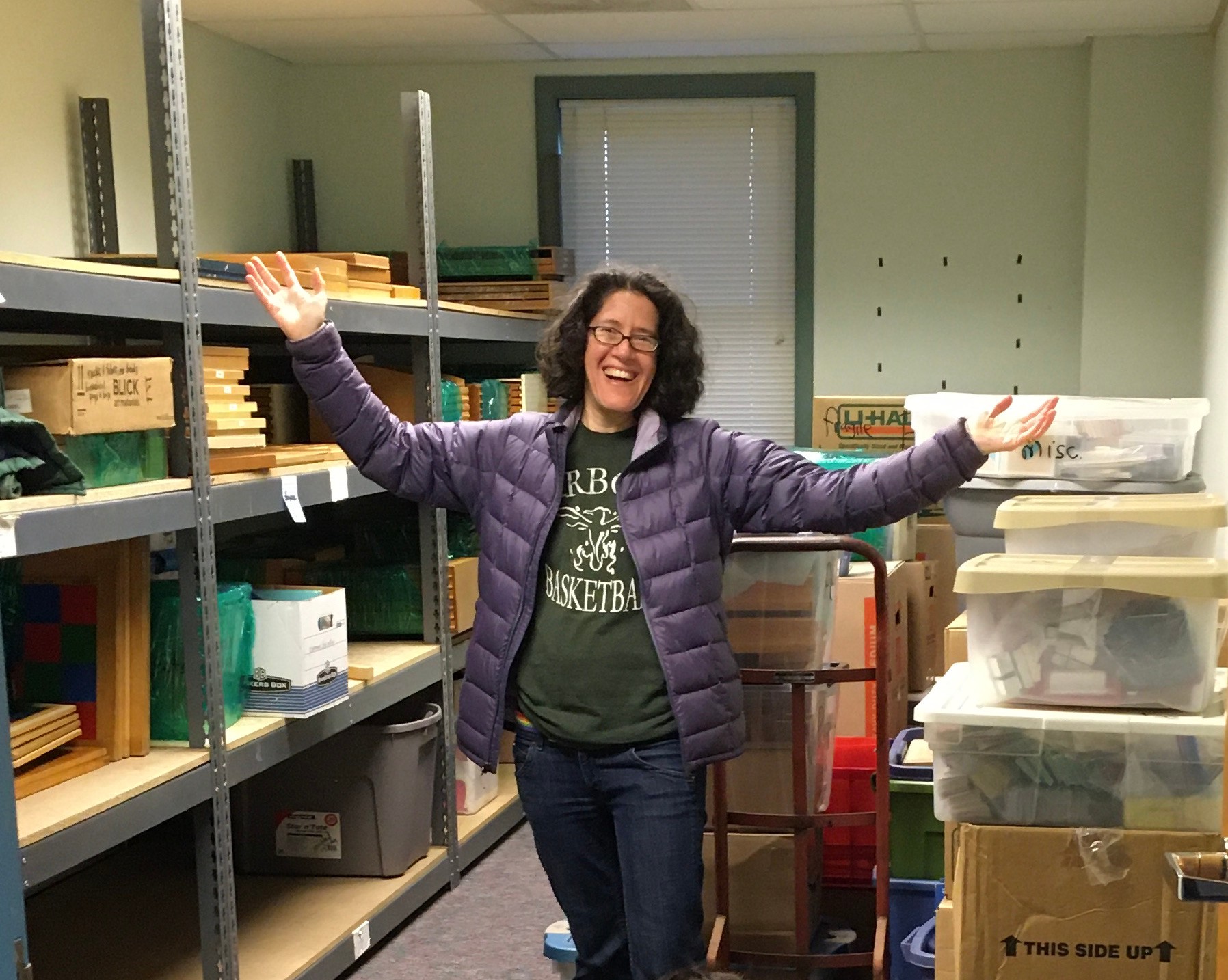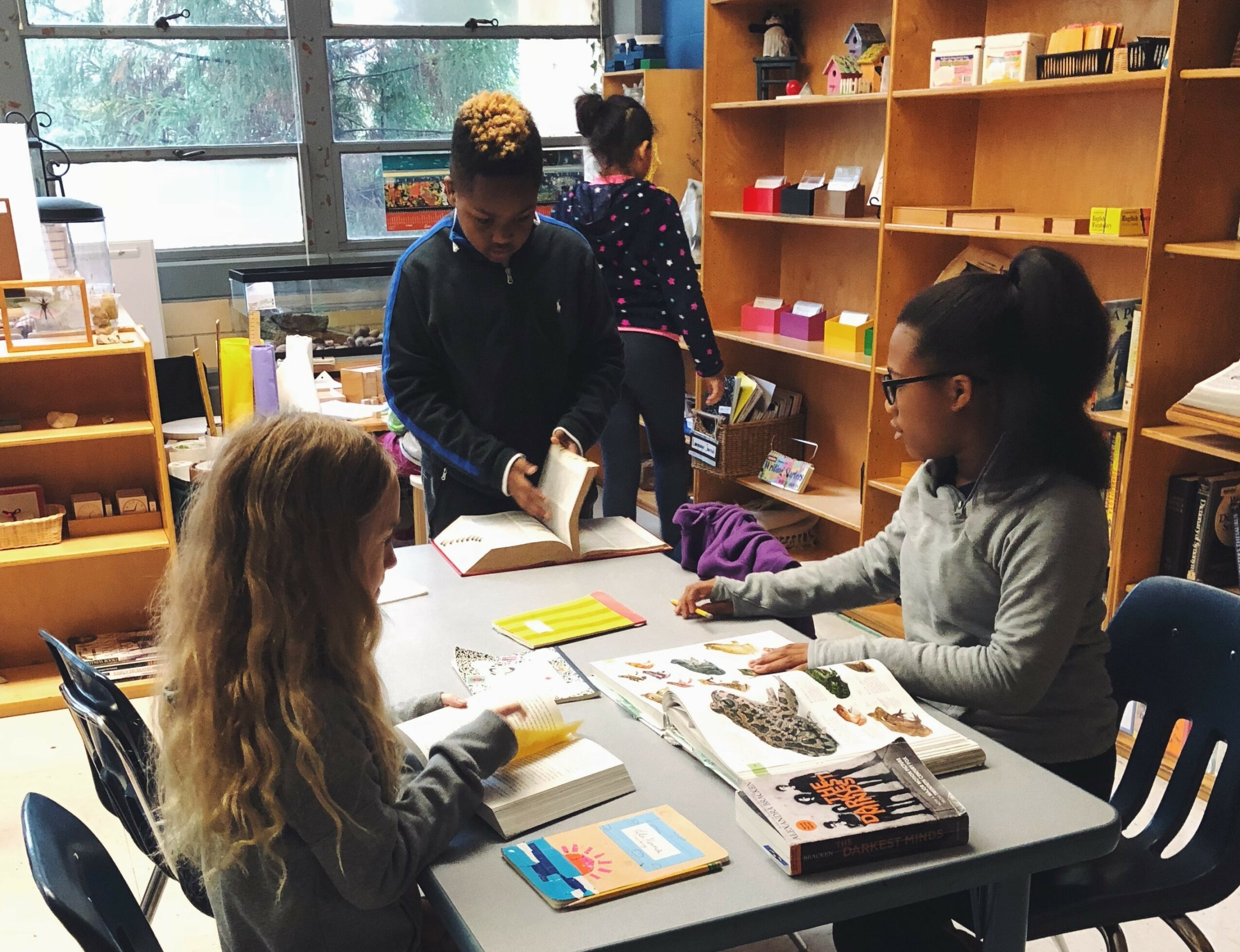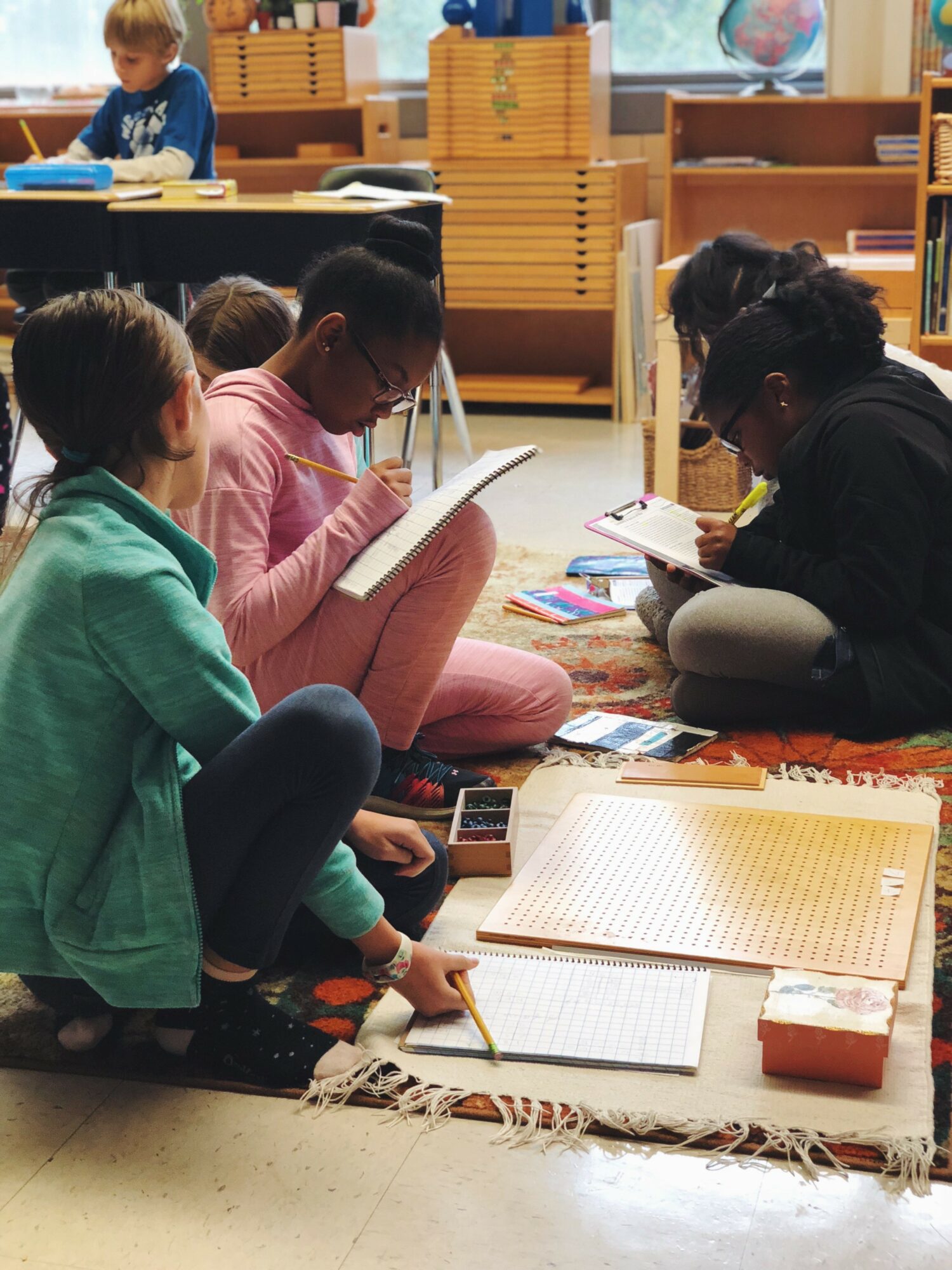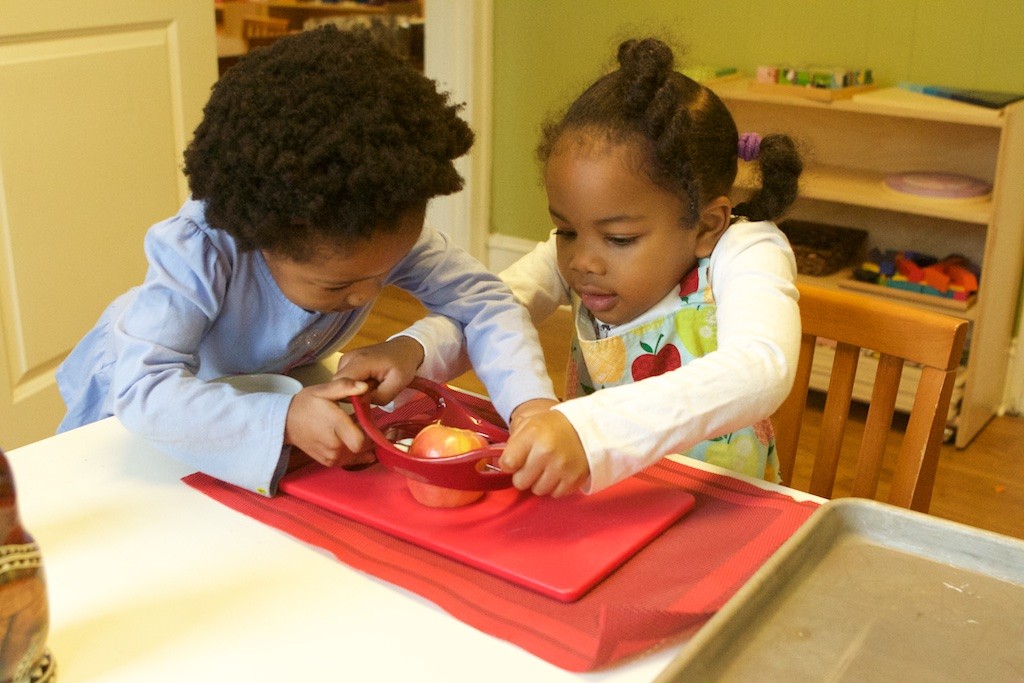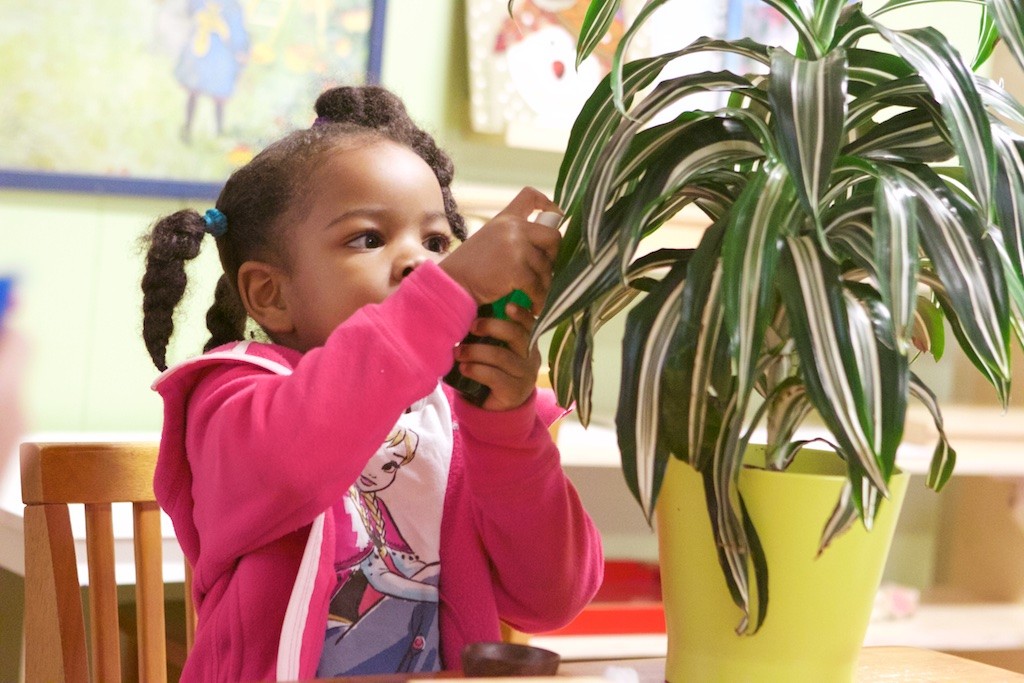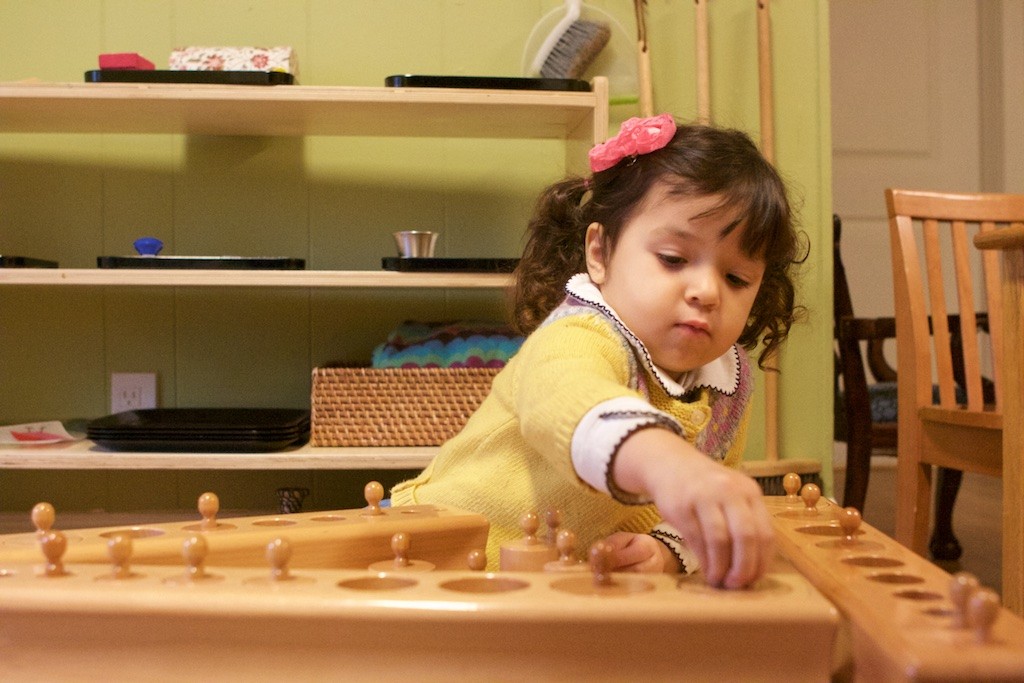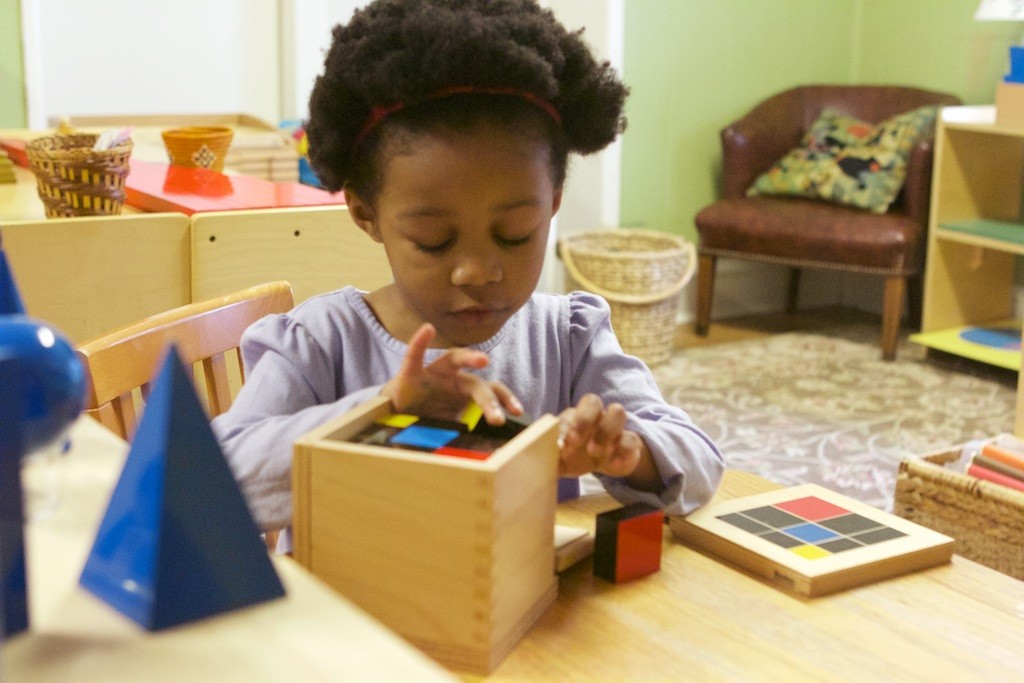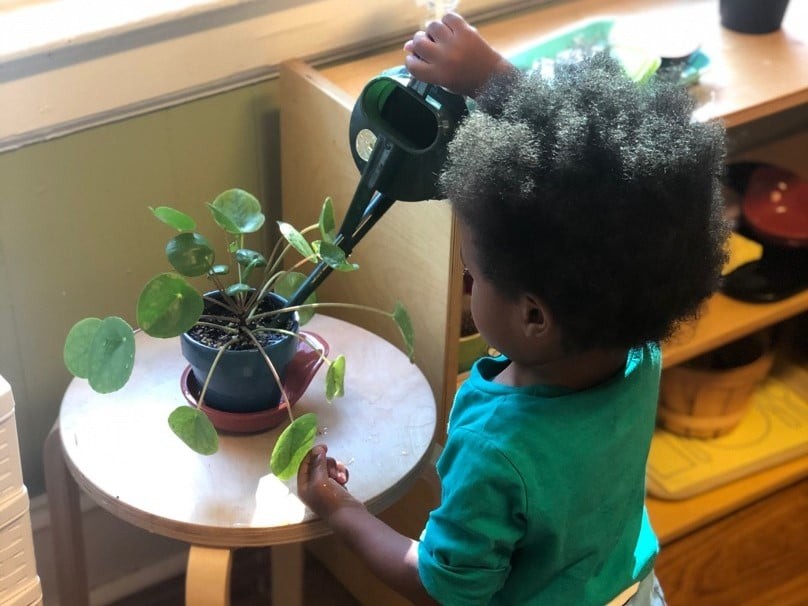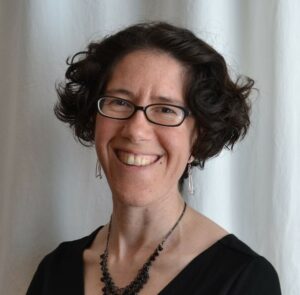
Today we’d like to introduce you to Annie Frazer.
Hi Annie, we’d love for you to start by introducing yourself.
To know me, you need to know the two questions have driven the trajectory of my life work: “What makes for a great education? And how can it be for everyone?” I first started thinking about these questions in the 7th grade, when I graduated from Arbor Montessori, a small, private Montessori elementary school, and enrolled at Inman Middle, a large, traditional public school in the City of Atlanta.
While some of my classes at the new school were engaging and challenging, in others, I felt like I was just marking time. And I could see the racial and class divide in who was able to access those more interesting classes—most of my fellow White students were there, along with my middle-class Black classmates, the key unlocked through “gifted” testing and parents (like mine) savvy enough to demand it. Most of my Black friends from working-class families were left out.
What makes for a great education, and how can it be for everyone? My experiences as a teacher led me back to Montessori as an answer to the first question. It’s a joyous, respectful and rigorous way to educate children—not the only such approach, but the one I know and love the best. Now I’m so happy to be working on the second question: how can it be for everyone? The nonprofit I founded, Montessori Partnerships for Georgia, allows me to focus my energy on removing the obstacles to Montessori for families and children across Georgia. It is a joy to partner with our state’s public Montessori schools and early learning programs to help the public sector implement this powerful approach to education.
When I visit one of our public Montessori schools and see children from all backgrounds moving with purpose and autonomy through the classroom, concentrating deeply on their chosen work, spontaneously helping each other, and collaborating on big research projects, I feel excited for the future of our society. These children will grow up knowing they are part of a human and an Earth community, and they’ll know how to identify a problem and build solutions to it. These children will bring the change we need, and I’m proud to support their development through my work with Montessori Partnerships for Georgia.
I’m sure you wouldn’t say it’s been obstacle free, but so far would you say the journey has been a fairly smooth road?
I’ll answer that question with a story. As a young, idealistic future teacher, I thought I knew just what was wrong with the education system and how to cure it. I had read all the superteacher books and seen the movies, so I knew that what young people needed were teachers who loved them enough and believed in them enough to transcend the impersonal school environment and help them succeed in spite of all the odds. It was too bad more teachers weren’t like that—but I would be.
Just a few weeks of teaching at McNair Middle School in DeKalb County kicked that arrogance right out of me. For the first time in my life, I was failing—every day, I failed to keep order in my classroom well enough to teach my sixth grade Language Arts students anything at all. In the mirror of the teacher’s bathroom, my face looked ghostly and grim, like no one I had ever seen before. Every afternoon, I picked up the paper balls off the classroom floor, reshelved the books scattered on the floor of the “library” nook I’d created, and rolled up the windows of my car if I needed to scream on the way home.
My love for the children, my belief in their potential, my own smarts, and my Stanford graduate degree in education were of exactly zero use. There was no magical superteacher moment when I suddenly connected with a ringleader and turned the whole class around. I just slogged through to the end of the school year, finished out my contract, and never went back. After a year away from teaching altogether, I set aside my dreams of transforming public education and went to teach in a private school. It was another ten years before I returned to my dream and founded Montessori Partnerships for Georgia.
Nineteen years after my first public school teaching experience, I’m reflecting on the meaning of that time and all that I learned from it. The biggest thing I came away with at the time was an understanding of the importance of the prepared environment—a concept from my Montessori education. We should not expect teachers to swim upstream, creating oases of excellence within the walls of their classroom when the larger school environment just outside the door—and the society outside the walls of the school—dehumanizes and disrespects both the children and the adults in their community. We must prepare the entire school environment to welcome children in their full humanity and to support families, teachers and staff to do their critically important work.
In my work now, I’m excited to be helping public schools and early learning centers create this kind of prepared environment for children in our most vulnerable communities. As a young teacher, I realized that I was part of the problem. Now I’m continually learning how to be part of the solution.
As you know, we’re big fans of Montessori Partnerships for Georgia. For our readers who might not be as familiar what can you tell them about the brand?
Can you imagine a place where the children run joyously into school every day, eager to meet up with their classmates and get to work? Where a four- or five-year-old child who has learned all the sounds and shapes of the letters explodes eagerly into writing and reading; where a small group of eight- and nine-year-olds huddles over a table, taping more graph paper onto an enormous long division problem they made up themselves? Where a team of middle school students learns all they can about soil chemistry and soil biology so they can grow vegetables to feed their community? If it’s hard for you to imagine, I invite you to come to see a Montessori school in action.
Every child deserves access to an education that is joyful, inspiring and helps them reach their full potential. The time-tested, research-based Montessori approach is a terrific pathway to this kind of education. Montessori is both highly structured and child-centered. It supports children to meet and exceed state standards while following their own interests. It develops powerful skill sets and mindsets leading to lifelong learning and positive community engagement. Montessori is designed to prepare children not just for college and careers but for life.
At Montessori Partnerships for Georgia, our mission is to expand access to quality, child-centered education through a network of public and community-based Montessori schools. To do this, we:
1. Engage parents and community leaders to drive demand for Montessori
2. Ensure state, local and federal policies support fully-implemented Montessori
3. Help start and strengthen Montessori programs in school districts and early learning centers serving vulnerable communities
4. Provide professional learning for teachers and administrators
5. Reduce the cost barrier to Montessori through Practical Lifesavers ®, our Montessori materials rescue program
When we started our work in 2015, there were just four public Montessori schools in the state of Georgia. Now there are eight, and the number continues to grow. School and district leaders know we can’t go back to business as usual. They are looking for a model that addresses children in a holistic way, that incorporates personalized learning for each child without requiring more time spent in front of screens, and that is proven to advance equity while raising the quality of education for all children. Montessori fits the bill. It’s a thrill to be part of this movement and to support schools in Georgia as they turn toward a 21st-century approach to education.
Do you have any advice for those just starting out?
You want to make a change in the world, to help make things better. You can. Here are some questions to ask yourself as you get started.
• What do you feel called to work on? What is, as Frederick Buechner put it, “the place where your deep gladness and the world’s deep hunger meet”? The world has lots of needs, and it’s easy to get overwhelmed thinking about them all. But the world also has lots of workers. It’s okay to choose one big thing for yourself to work on and focus your energy there. It’s okay if it’s not a big thing like World Peace but a little thing like Good Ice Cream. You can do almost any kind of work in a way that moves us closer to a world that supports joyful, peaceful, mutually beneficial human and Earth communities.
• What’s your superpower? What special gifts, abilities or joys can you bring to the work? You may need to learn new skills or strengthen your weaknesses, but don’t forget to bring your already-developed brilliance to the work at hand.
• What restores your creative capacities? We can’t make the difference we need when we are exhausted, stressed, and burned out. Give yourself permission to connect with nature, relax with friends or family, and be human. The never-sleeps, always-on dynamo is not the only model for how to get something important done in the world.
• With whom can you partner? What organizations and individuals are already doing something similar to what you envision? What can you learn from them? What can you share with them?
All around the world, members of the human community and the Earth community are working to restore ecosystems, create just and respectful societies, build local economies, educate children in a humane way, and, in the words of Thomas Berry, bring about a new era “when humans [will] be present to the Earth in a mutually enhancing way.” You are not alone! You can make a difference, and you will.
Contact Info:
- Website: https://montessori-partnerships.org
- Facebook: https://www.facebook.com/montessoripartnershipsga/
